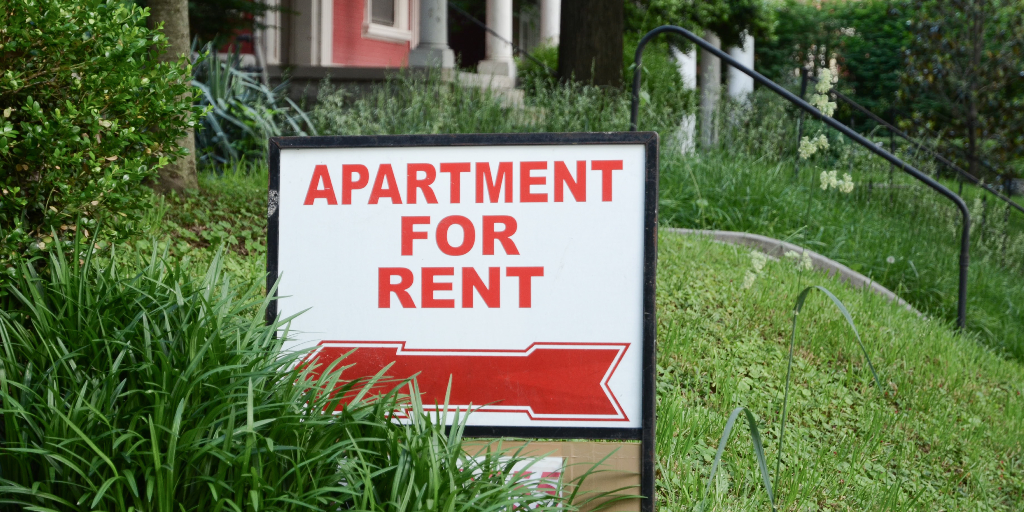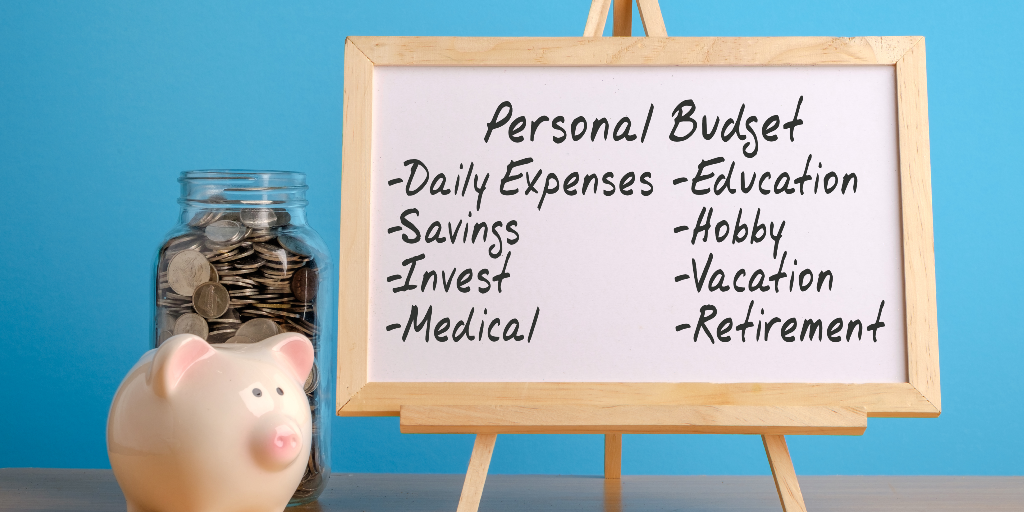Am I Spending Too Much on Rent? Here’s Your Answer.

- The 30% test can help you determine the maximum amount to spend on your rent.
- The 30% test suggests that your rent should be no more than 30% of your take-home pay.
- Net pay, also called take-home pay, is an employee's paycheck total after all deductions like taxes are subtracted from their gross pay.
Thoughts of renting your first place can come to mind when you are about to graduate college or you want to move out of your parent's place. Since inflation is plaguing the United States economy right now, rent is also included in the increase in prices.
According to USA Today, the reasons for rising rents include high demand as homebuyers are priced out amid rising interest rates and home prices. Since there is a low housing inventory, landlords make up for lost rent during pandemic-related rent moratoriums and higher maintenance costs. Thus, allowing landlords to raise their rent prices.
However, amid inflation, there are ways to determine if the rent is unaffordable or comfortable for your budget. Below are a few tips to help you with your housing search.
The 30% Max Rent Test
Financial experts have developed a rule of thumb to help you look at your cash flow and determine the maximum percentage to spend on rent: the 30% test. The 30% test says your rent should be no more than 30% of your gross income.
Gross Income vs. Net Pay (Take-Home Pay)
Your gross income is your paycheck before deductions like taxes and health insurance are taken out. Your net pay is the reality of required deductions like federal, state, and local taxes and necessary deductions for health coverage and retirement savings. Since your net pay is what goes into your bank account on payday, a more practical application of the 30% test is to multiply it against your take-home pay.
Recommended Read: Five Ways to Achieve Your Savings Goals
To calculate your max rent, take your net pay and multiply it by 0.30. The result is the maximum that you should pay for rent. For example, if you make $3,000 after taxes and deductions each month, then you would multiply $3,000 by 0.30, giving you a maximum rent budget of $900.

Considerations When Applying the 30% Test
Consider Your Budget
A rule of thumb like the 30% rent rule gives you a starting point for calculating what percentage of your take-home pay should be spent on rent. The drawback is that this is not a one-size-fits-all approach.
Take a close look at your personal financial picture. Evaluate how much you’re spending on day-to-day expenses outside of rent. Your expenses might include:
- Groceries
- Car note, gas, and insurance
- Student loan payments
- Credit card debt
- Gym (or other memberships/subscriptions)
- Monthly utility bills like internet, cable, and cell phone
- Medical/wellness expenses
- Emergency savings fund

Once you’ve looked at your expenses over a three or four-month period, compare them to your budget. Your expenses are what you actually spent, and your budget is what you planned on spending or hoped you would spend. This exercise will help you find opportunities to trim your budget and plan it with better accuracy, which could free up income to cover your rent payments more comfortably.
Recommended Read: How to Save Money When Grocery Shopping
Consider Your City
Your rent max may not be realistic for the city that you live in. In many cities, it’s not uncommon for people to spend half, or even more, of their income on rent. According to the Federal Reserve, "rent-burdened" people spend more than 30 percent of their income on housing, and "severely rent-burdened" people include those who spend more than 50 percent on their rent.
There are a few options to decrease your burden with your rent.
Roommate
You can get a reliable and trustworthy roommate. Getting one or more roommates can help ensure that your rent does not take up too much of your budget, and you can still get to experience living independently.

Live with Family
You can live with your family. If the option is on the table, you can live rent-free and work on stacking up your savings until you can comfortably afford a place of your own.
Increasing Your Income
You can work on increasing your income. Taking on an extra job is helpful, but it’s not always sustainable as a long-term fix. Instead, it’s best to identify options to increase your income that can last over the long run so you can afford a more realistic rent.
Potential ideas to increase your income can include signing up for a certificate-based (or degree) program so that you can be in a position to obtain a higher-paying job. If chosen correctly, these can move you closer to achieving a higher income that will increase your rent max, enabling you to improve your financial stability.
Consider All Payments Required to Move In
In addition to paying the monthly rent, there are other less obvious expenses that should be taken into account that affect your move-in amount or ongoing max rent. First-time renters, in particular, are often surprised at just how many hidden costs they encounter.
Security Deposits
Almost without exception, all rental units require that the tenant provide a security deposit with the first month’s rent. Typically, the security deposit equals the first month’s rent, but depending on your city and your rental history, it could be as high as 1.5 months. For example, if the monthly rent is $1,000, then the security deposit could be $1,000 to $1,500. If you apply with a roommate, some apartments require each roommate to provide their own security deposit.
Recommended Read: 3 Ways Couples and Roommates Can Split The Rent
Application Fee
Many apartments will charge an application fee to cover the background and credit check costs. These fees vary by city and can be as little as $25 or as much as $200 per application. As with the security deposit, apartments might charge this fee to each adult who is applying to live in the unit.
First and Last Month’s Rent
Some apartments will require that, in addition to a security deposit, the first and final month’s rent also be paid before the move-in.
Pet Deposit and Rent Adder
If pets are allowed in the unit, then a pet deposit of as much as one month’s rent might be required, depending on the size of the pet and the number of pets you’re bringing. Municipalities might also require that the pet be registered and licensed, which is an additional cost. Finally, the apartment might add a pet fee to your monthly rent.
Broker Fee
If you hire a real estate broker to help you find an apartment, which is fairly common in large cities, you will need to factor in a broker’s fee as part of your move-in cost for the unit. Commonly, the broker’s fee is a one-time payment that equals approximately one month’s rent.
The Money Wrap-Up
Your rent max helps ensure that your spending is balanced. Since housing is usually a person’s biggest expense, a healthy rent max is the first step towards making sure that your overall finances are also healthy.